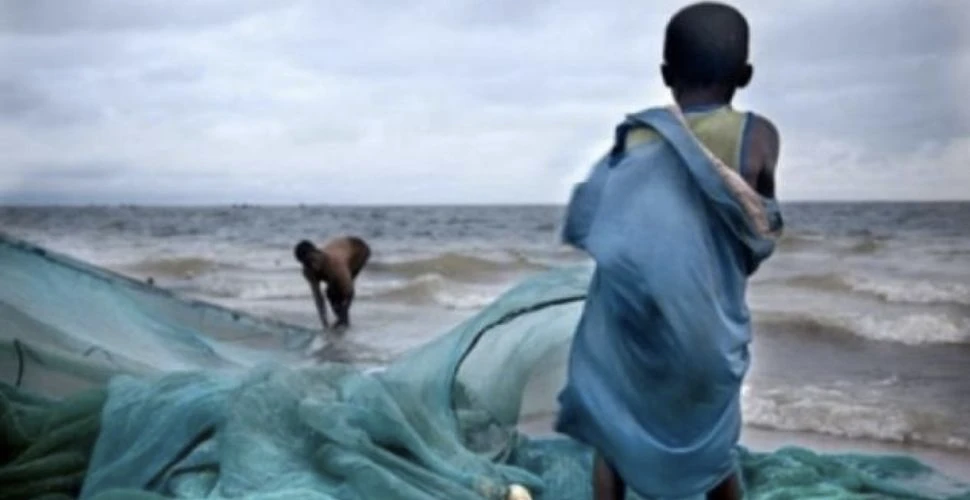Children’s experiences of work and the effects of anti-trafficking interventions are explored in openDemocracy’s new series published this week.
Last year, Freedom United explored the question “is child labor always exploitative?” with children’s rights advocates Mavuto Banda, Jonathan Blagbrough and Faith Manyala. The panelists discussed the issues from their positions of expertise with careful attention to the nuances.
While the United Nations set the goal of “ending child labour in all of its forms” by 2025, statistics have shown that progress to achieve this goal is not only stagnant, but it seems the rate in which children are being exploited is increasing.
The speakers of the panel discuss whether this goal is achievable? Is the approach appropriate or should alternative methods be implemented? Is the way we are thinking about child labor accurate? Could there be work that is appropriate for children?
Similar questions continue to be explored now that we are even closer to the set goal of eliminating child labour by 2025, and not at all closer to achieving it.
Child labor and global interference
In their new series, openDemocracy took testimonies from child laborers in Ghana from the fishing, farming, and mining industries, areas that global anti-trafficking organizations are most ivolved in. The intentions of the interventions were explicitly aimed at eliminating child labor altogether, and some of the actions taken were brutal.
For example, parents and care givers would be arrested, property would be damaged, and children would be taken away from their families by force.
The series made it very clear that the Ghanaians in rural and impoverished areas do not dispute that large numbers of children are working in these industries, but their understanding of child labor is vastly different from that of the abolitionist organizations. Often, the voices of the families and children who are laboring were intentionally ignored by the organizations intervening.
Why do children work in the first place?
Punishing families trying to survive is not efficient in eliminating the issues of child exploitation. What is often looked beyond is the fact that no two children’s circumstances and reasons for working are the same.
However, the interventions treat each situation as a one size fits all approach and neglect the socioeconomic and systemic obstacles that put families in situations where children need to work.
openDemocracy asked children in a specific region in Ghana to describe their work and why they do it. One participant explained that they wake up at 4 am every day to help prepare for their family’s porridge business since the porridge needs to be ready to be transported to the market by 6 am.
They explain that the situation is difficult and tiring, and although they wish this was not part of their life, they say that the money from selling porridge is used to buy food and other things they need at home – “if I don’t make porridge every morning, we will not have food to eat.”
Another child worker explained that their farmer parents are old and ailing and cannot work as much as they used to. This child and their sibling miss school and help their parents with the farming and haul the produce to markets to sell. They describe their work as very difficult and that they are always thinking about ideas for how they can bring their suffering to an end.
Alternative voices, alternative solutions
When asked what the children would say to politicians and decision makers in Ghana if given the opportunity, many expressed that the poverty and socio-economic hardships that make them work in the first place should be acknowledged.
This is often looked past in well intentioned efforts to “rescue” children from child labor by global organizations, however, they lack a complex understanding of the issues at hand and therefore are not helpful in finding solutions. Further, many stated that they did not like working, but there was no viable alternative at present. Therefore, they ask that there be opportunities to have safer, better paid, and less exploitative means of working.
To learn more about the complexities and nuances in understanding child labor and other approaches in addressing it, read openDemocracy’s series and watch our webinar. What are your thoughts on child labor? Share them in the comments below!





Freedom United is interested in hearing from our community and welcomes relevant, informed comments, advice, and insights that advance the conversation around our campaigns and advocacy. We value inclusivity and respect within our community. To be approved, your comments should be civil.
helloooooo
its meeeee….
i was wondering……